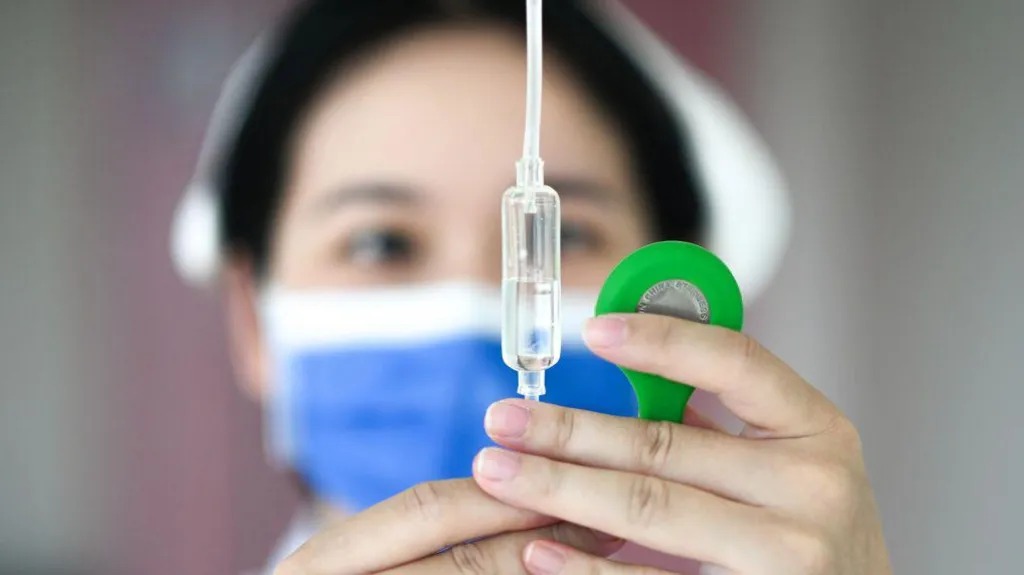
Public Outrage Over Ineffective Generic Drugs in China
Growing Public Concern Over Drug Quality
Public anger in China is rising due to concerns that generic drugs used in public hospitals are increasingly ineffective. Doctors believe the country’s drug procurement system prioritizes cost-cutting over safety, leading to fears about the quality of generic pharmaceuticals.
The government, however, has dismissed these concerns, claiming that reports of ineffective drugs are based on subjective experiences rather than scientific data. Officials argue that different individuals react differently to medications, and there is no broad evidence of reduced efficacy. Despite this, public trust in hospital-prescribed generics continues to decline.
How Did the Controversy Begin?
The debate started in December when authorities announced a list of nearly 200 domestic companies that won contracts to supply medicines to state hospitals. The situation escalated in January after a viral interview with Dr. Zheng Minhua, a hospital director in Shanghai. Dr. Zheng highlighted serious issues, including antibiotics failing to treat infections, ineffective laxatives, and anesthetics that do not work properly.
His concerns resonated with the public, leading to widespread discussion on Chinese social media platforms like Weibo. However, many of these posts have since been censored, leaving citizens frustrated about the lack of transparency.
The Drug Procurement System in China
China’s centralized drug procurement system, introduced in 2018, aims to reduce state healthcare costs. Local governments put out bids for hospitals’ annual drug requirements, with manufacturers competing to provide the lowest-priced generics.
Generic drugs contain the same active ingredients as their brand-name counterparts but are much cheaper to produce. While this system has saved Chinese citizens over $50 billion, experts warn that extremely low drug prices may compromise quality. One winning bid in December offered aspirin tablets at less than one cent each, raising questions about manufacturing standards.
Doctors Question Drug Efficacy
A group of 20 doctors, including Dr. Zheng, submitted a proposal to Shanghai authorities expressing concerns that price competition forces companies to cut corners, leading to ineffective medications. They argued that doctors are powerless to reject low-quality drugs, as procurement policies leave them with no alternatives.
Adding to skepticism, Dr. Xia Zhimin, a Hangzhou-based physician, reported suspiciously identical clinical trial data between some generics and their brand-name counterparts, suggesting possible fraud. The government dismissed his claims as an “editorial error,” but his findings fueled further distrust.
China’s Healthcare Crisis and Public Distrust
China’s healthcare system is already under immense strain due to its aging population. Public medical insurance funds are running low, while hospitals face increased patient demand. This crisis has eroded faith in the healthcare system, leading to rising violence against medical staff.
Unlike politically sensitive topics that face immediate censorship, the government has acknowledged the procurement issue as a legitimate problem. The National Healthcare Security Administration announced plans to review the drug procurement policy, but experts argue that stricter drug evaluation standards are needed.
Looking Ahead: The Future of China’s Drug Policy
Authorities must balance affordability with drug quality to restore public confidence. Strengthening quality control measures and improving manufacturing standards are essential steps in ensuring that China’s generic drug market does not compromise patient health.
While the government insists that the procurement system benefits citizens, public sentiment suggests otherwise. As one Weibo user put it, the money saved on cheap drugs is just “a drop in the bucket,” whereas the risks posed by ineffective medications are like “drinking poison to quench thirst.”
External Link: BBC News
Internal Link: Kenkou Land





